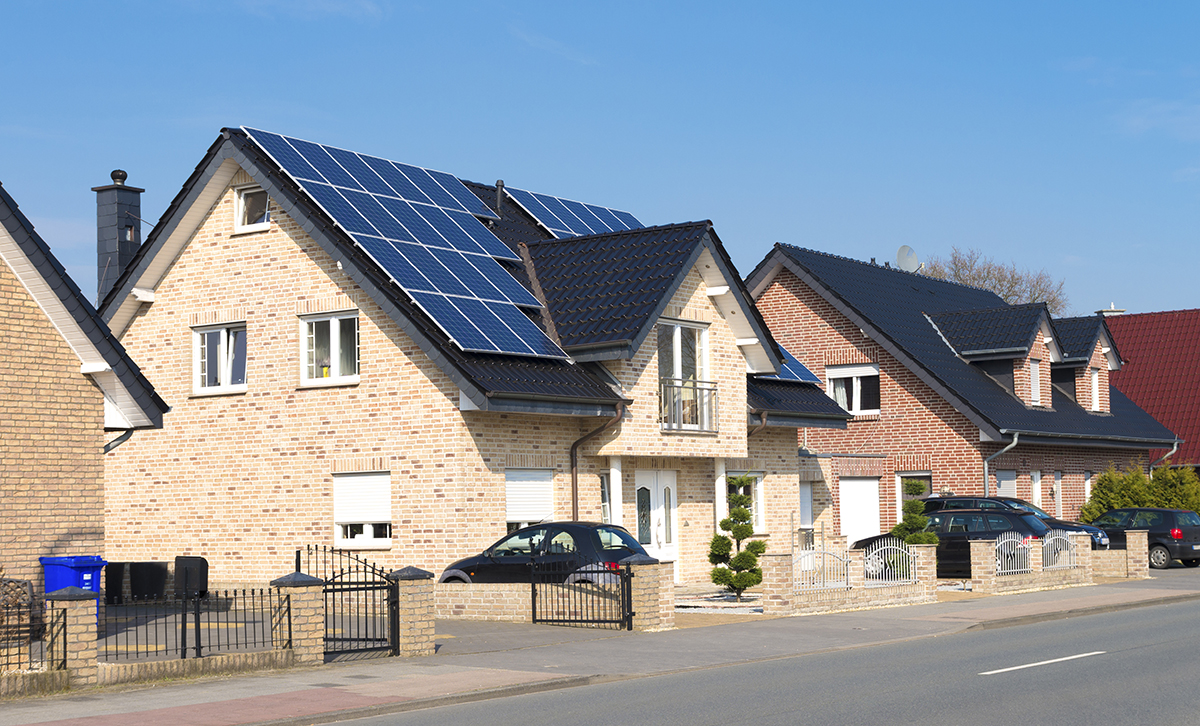10 december 2022 - UNIGE
Empowering homeowners to trade renewable energy in solar communities can benefit the individual, the community and the grid

Peer-to-peer (P2P) renewable energy trading is a promising option for citizens to actively participate in the energy transition. Research conducted so far in this area has evaluated P2P communities primarily from a technical-economic perspective. In contrast, little is known about the preferences of prosumers – consumers who are also energy producers – for solar energy trading. Similarly, little is known about the impacts of community members' trading decisions on key performance indicators, such as individual electricity bills, community self-sufficiency, and grid voltage.
An interdisciplinary team of researchers from the Faculty of Science and the Faculty Psychology and the Educational Sciences of the University of Geneva and the Friedrich-Alexander University Erlangen-Nürnberg, Germany sought to fill this gap. To this end, the researchers assessed P2P trading decisions of German homeowners based on an online experimental study and integrated this data into energy models to simulate the impact of different decision-making strategies on community performance and the power grid. Their study bridging psychology and the engineering sciences has just been published in Nature Energy, one of the most prestigious scientific journals in the energy field.
Their results suggest that community self-sufficiency is slightly higher when prosumers are enabled to trade energy compared to when they merely seek to maximize their self-consumption (which is the strategy currently promoted in most countries with a significant diffusion of photovoltaic energy, such as Switzerland and Germany). Their analysis shows, moreover, that P2P energy trading based on human decision-making can lead to financial benefits for both prosumers and traditional consumers, and to reduced stress for the grid.
This highly interdisciplinary research illustrates that empowering homeowners to actively engage in the energy transition by trading self-generated electricity in local energy markets can lead to benefits on multiple levels. The insights can inform the design of future energy communities and market models as well as future large-scale field trials.
To know more
-
Publié le
Comment nos organes savent-ils quand arrêter de grandir?

-
Publié le
Les échanges d'énergie renouvelable entre pairs a un impact positif pour l'individu, la communauté et le réseau

-
Publié le
La théorie quantique a besoin de nombres complexes

-
Publié le
L’absence d’un interrupteur génétique à l’origine de malformations

